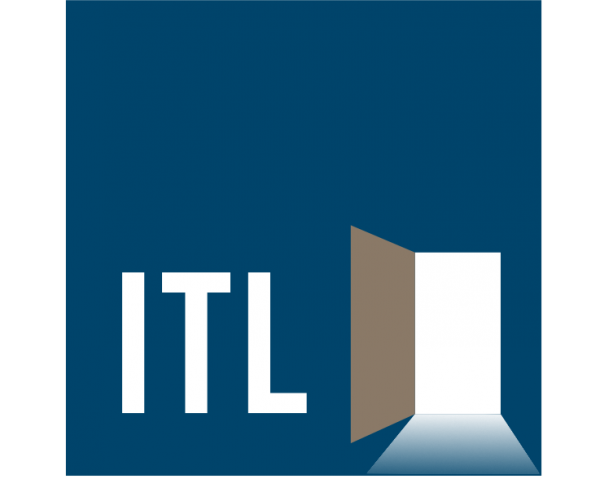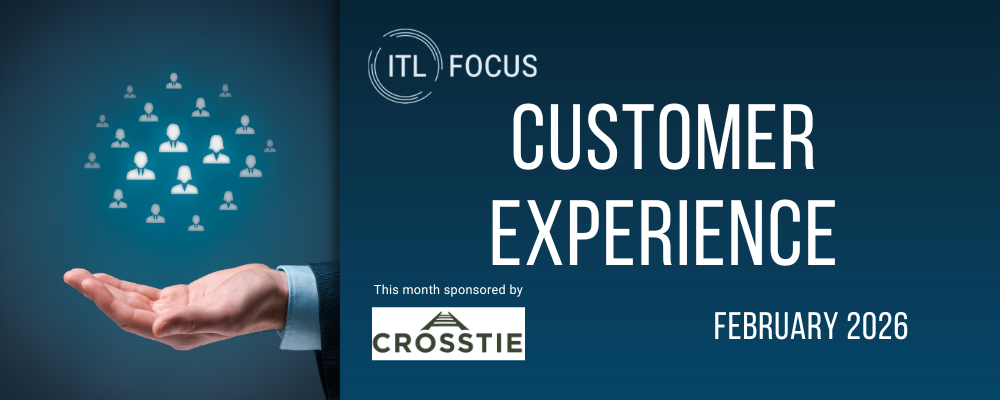You know what happens when you assume? That's right, you’ve heard the line before. But it's true. So, why do we continue to assume so many things that we just don’t know will hold up?
People who study these things tell us that we all have to make assumptions to a certain point, or we'd spend all day fiddling with faucets and door handles to figure out how they function. But assumptions only work in situations where we have experience. Assumptions get us in trouble in new settings that don't operate like the ones we've seen before.
We often rely on the collected wisdom that has developed in an industry, but various studies have found that, in new settings, experts are no better at predictions than the rest of us. They're just more confident. Much more confident. Yet we fall for their "expertise," time and again.
A classic example: In 1980, McKinsey did a major study for AT&T that predicted there would be a total market for 900,000 cellphones globally by 20 years later. Expecting such slow growth, AT&T dropped plans to market a cellphone. Well, the McKinsey experts were off by 108 million phones as of 2000, and today there are billions in use around the world. AT&T had to buy its way later, at a hefty price, into a market it had invented. It turns out that decades of expertise in landline phones didn't help McKinsey or AT&T see how their assumptions about cellular were wrong.
In the insurance industry, we find ourselves at a similar inflection point: facing a different landscape, unexpected events, a new set of circumstances, unfamiliar environments. So, we at ITL have been listening as we've spoken to industry insiders in recent weeks and months to try to pick out assumptions that are widely held but that may not hold up.
As that famed management strategist Mark Twain said, "What gets us into trouble is not what we don't know. It's what we know for sure that just ain't so."
Here are nine thoughts on what we all know for sure that just may not be so. (Please respond at the end of this commentary with your own thoughts on what may prove to be false assumptions. We plan a follow-up in two or three weeks.)
Consumers want a relationship with their insurance company. Sure, and I want a relationship with the guy who did my colonoscopy. If you can tell me something I actually want to know, then, sure let's hear from you from time to time; otherwise, leave me alone.
A digital strategy is key. Yes, it is, but only if you have the pieces to implement it. I can’t tell you how many companies we come across that are working on their digital strategy but don’t have any capability for digital distribution. That's like putting a bunch of ketchup on a plate but forgetting the French fries.
The consumer’s only choice when it comes to risk management is which insurance company to buy from. Look at all the ways clients are working to find alternatives to insurance and to reduce risk – e.g., the self-insurance trend among employers lining up healthcare and the efforts to reduce vulnerability to cyber attacks, rather than to just insure against them.
Life insurance is about what happens when you die unexpectedly. In fact, we suspect that life insurance will increasingly become part of how people manage their lives, especially their finances. Term insurance may even become an add-on to other products – take out a home mortgage and get some life insurance thrown in, for instance. Distribution costs would head toward zero, so, those commissions of more than 100% of the first year’s premium? Not for long.
We're collecting the right data, just like we always have. Or, maybe not. New risks come with new data and new underwriting concerns; old data need not apply, in many instances. New sources like the Internet of Things provide new data at astonishing speed; processing needs to move toward real time.
Brokers will always make their money selling insurance products. Nobody wants to buy insurance. Even those of us in the industry don’t want to buy insurance. But there are loads of services and products related to health and safety that lots of us would like to buy, from brokers smart enough and nimble enough to offer them.
Companies don't need to partner or buy their new technology; they can build it. Or maybe not. At least, you may not be able to move as fast on your own as if you found a partner or a supplier. Some of this is cutting-edge stuff, and the top developers tend to want to work for software companies, not insurers.
I have time. Maybe, maybe not. Here’s a test: Try to get on a decision maker's calendar for anything of any consequence – a partnership with an insurtech, an idea for an innovative product, whatever – and let me know if you can schedule that call before September. Then imagine what happens when someone figures out that customers demand quicker response in this digital age and greatly speeds up the clock cycle in insurance. What happens then?
IBM's development process worked for decades, until the personal computer came along in the 1980s and sped up the clock cycle of the industry. IBM consistently introduced PCs in the 1980s and 1990s six to nine months after competitors came out with machines based on the new Intel processor – and new models were only profitable for the first six to nine months of each cycle. IBM, once the most profitable company in the world, had to go through years of painful retrenchment to realign itself with the market. You're not immune.
Yeah, 20% to 30% of insurance companies won't exist in a decade, but mine certainly will. Really? Why? How do you know you’ll be one of the stand-alone survivors?
As I said, please use the comments tool below to let me know what we should add to our list. I won't, well, assume I got them all.
Wayne Allen
CEO





